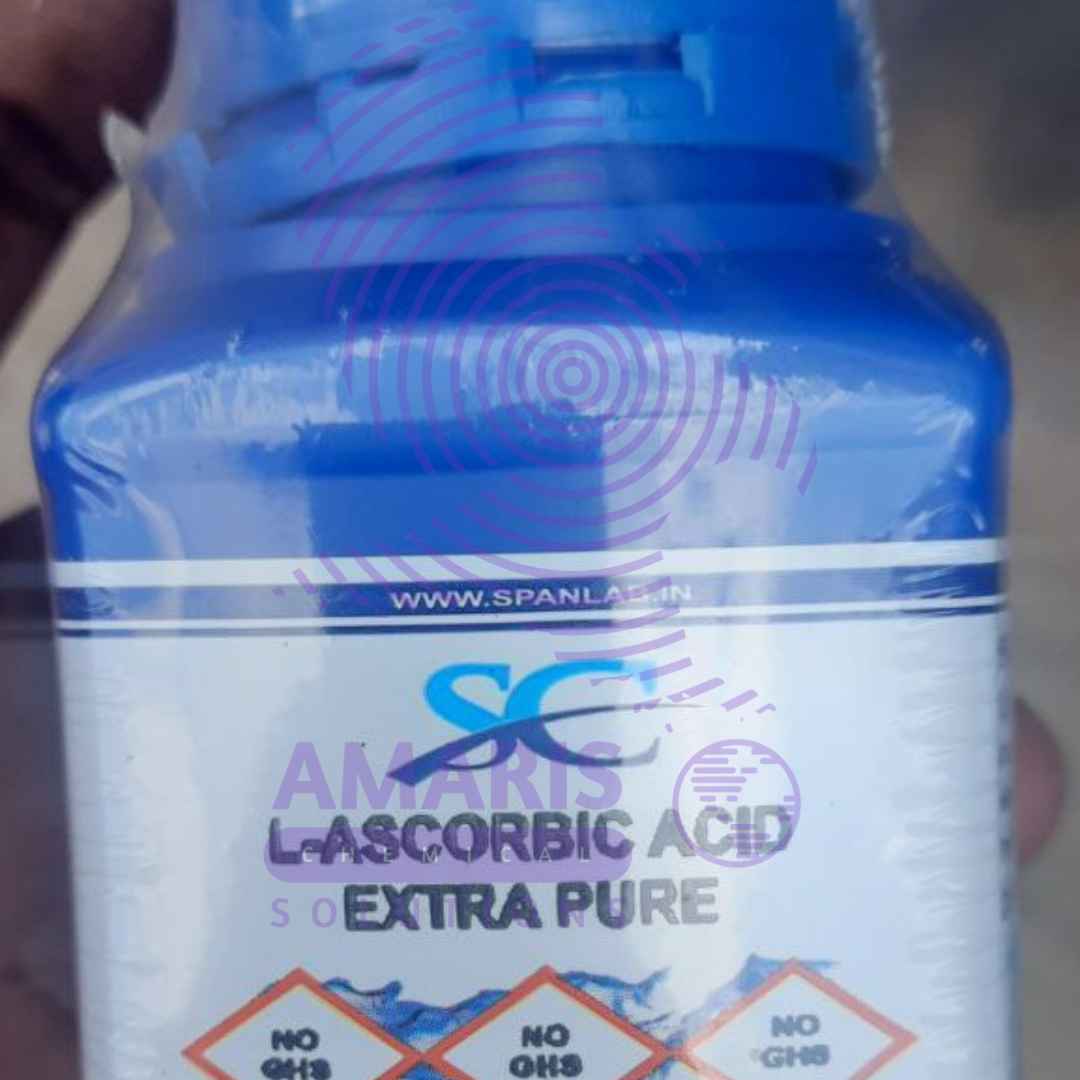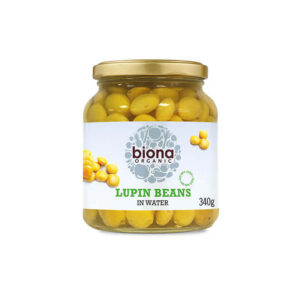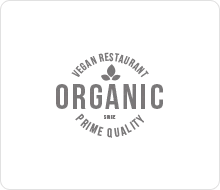Ascorbic acid 25gms
uses of Ascorbic acid
Dietary Supplement:
Ascorbic acid is commonly used as a dietary supplement to meet the recommended daily intake of vitamin C, which is essential for maintaining good health and preventing vitamin C deficiency.
Food and Beverage Industry:
Ascorbic acid is widely used as a food additive to enhance the shelf life of products by acting as a preservative and antioxidant. It helps prevent the oxidation of food, maintaining its color, flavor, and nutritional value.
Nutritional Fortification:
It is added to a variety of food products to fortify them with vitamin C, particularly in items like fruit juices, breakfast cereals, and infant formulas.
Cosmetic and Skincare Products:
Ascorbic acid is a common ingredient in skincare products, particularly in anti-aging serums and creams, due to its ability to promote collagen production and reduce the appearance of wrinkles and fine lines.
Pharmaceuticals:
It is used in the pharmaceutical industry for various applications, including as a reducing agent in the preparation of certain medications, as a stabilizing agent for certain drugs, and for its antioxidant properties.
Food Preservation:
Ascorbic acid is used in canning and food preservation to prevent the browning of fruits and vegetables and maintain their freshness and nutritional content.
Water Treatment:
Ascorbic acid is sometimes used in water treatment processes to remove chlorine and other impurities.
Antioxidant in Food Processing:
It is added to processed foods to protect against oxidation and spoilage. It is especially useful in preventing the browning of fruits and vegetables.
Iron Absorption:
Vitamin C aids in the absorption of non-heme iron from plant-based foods, which is important for individuals with iron-deficiency anemia.
Cold and Flu Remedies:
Many people take vitamin C supplements or consume vitamin C-rich foods to support their immune system and potentially reduce the severity and duration of colds and flu.
Photographic Developing:
Ascorbic acid has been used in photographic developing solutions as a reducing agent.
Dechlorination of Water:
It is used in dechlorination processes to remove chlorine from tap water, making it suitable for sensitive applications, such as aquariums.
People also bought
Angie’s Boomchickapop Sweet & Salty Lupin Beans In Water
$4.00 – $6.00Fresh Cutlets of lamb t-bone
$4.00 – $6.00Our Services
Shipping
Worldwide shipping
Delivery
Timely Delivery
Secure Payment
Safe & Secure Payment
Support 24/7
Contact 24 Hours Day












Reviews
There are no reviews yet.